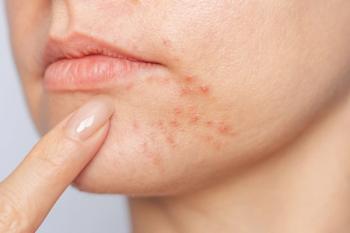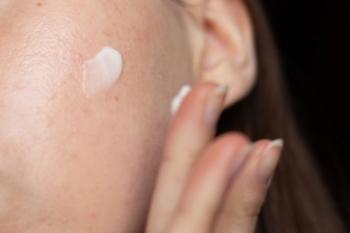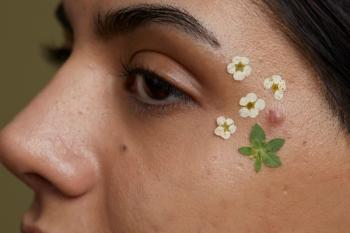
Validity of PROMs for Acne
A study investigated the acceptability and validity of patient-reported outcome measures for adult acne, comparing them to the validated acne-specific quality-of-life measure.
A study in the BMJ Journal examined the acceptance and validity of 2 patient-reported outcome measures (PROMs) for adult acne to compare them to the current validated acne-specific quality-of-life (Acne-QoL) measure.
Patients were enrolled through the following methods:
- Mail through primary care physicians—if they had been consulted for acne or received a prescription for acne treatment in the last 6 months;
- if the opportunity arose in secondary care; and
- ads in community venues.
In total, 221 participants aged 18 to 50 with acne were enrolled. Those participants were broken down in quantitative (204) and qualitative (17) groups. The quantitative group completed Acne-QoL, Skindex-16, and Comprehensive Acne Quality of Life Scale (CompAQ) at baseline, 24 hours, and 6 weeks. The qualitative group took part in cognitive think-aloud interviews while completing the same measures. After, transcribed audio recordings were analyzed using inductive thematic analysis.
A quantitative analysis of suggested high internal consistency (Cronbach’s alpha .74–.96) and reliability (intraclass correlation coefficient values .88–.97) for both questionaries were examined, according to the article. Both scales showed floor effects on some subdomains. Skindex-16 and CompAQ demonstrated evidence of construct validity when compared with Acne-QoL with Spearman’s correlation coefficients .54–.81, and repeatability over 24 hours.
On the other hand, the qualitative data had wide ranging views for usability and acceptability. The participants had differing opinions about the layout, questions/response wording, similar questions, and guidance notes. Also, interviewees differed in perceptions of acceptability of the different scales, particularly on relatability of questions, and emotive reactions to scales, the authors continued.
“Any PROM should be acceptable for further research in adult acne, but researchers should consider the different domains and whether they will measure only facial or facial and trunk acne before making a selection,” they wrote.
Reference:
Hornsey S, Stuart B, Muller I, et al. Patient-reported outcome measures for acne: a mixed-methods validation study (Acne proms). BMJ Open. 2021;11(3):e034047. doi:10.1136/bmjopen-2019-034047
Newsletter
Like what you’re reading? Subscribe to Dermatology Times for weekly updates on therapies, innovations, and real-world practice tips.











